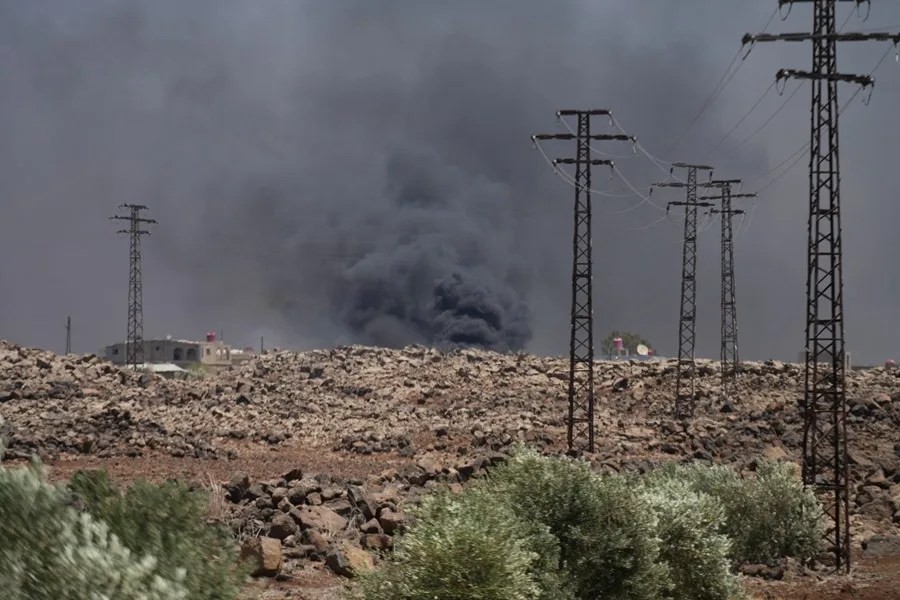Violence Erupts Again in Southern Syria as Government Retreat Fuels Bedouin-Druze Clashes
Bedouin and Druze factions reignite brutal clashes in southern Syria’s Al Suweida province following government troop withdrawal, exposing the dangers of ceding control to local militias amid an already unstable region.

The fragile peace in southern Syria shattered once more as intense confrontations broke out between Bedouin clans and Druze minority groups in the Al Suweida province. Barely 24 hours after Syrian government forces withdrew from the region—handing security responsibilities back to local factions—the long-simmering sectarian tensions exploded into violence.
According to the Syrian Observatory for Human Rights, clashes erupted primarily on the western outskirts of Al Suweida city, with sporadic incidents near the village of Surah al Kabira. The flare-up was sparked after several Druze-owned homes were set ablaze in nearby villages, inflaming a conflict that originated days earlier from a violent robbery against a Druze businessman.
Why Does This Instability Matter to America?
This cycle of unrest is not just a distant quarrel among foreign communities; it underscores the broader consequences of weak state authority and security vacuums that destabilize regions critical to global order. When Damascus retreats from enforcing law and order, it emboldens fragmented militias whose feuds can spiral uncontrollably—fueling chaos that directly threatens American interests across multiple fronts.
Such turmoil fosters conditions ripe for extremist exploitation, migratory pressures toward U.S. allies and borders, and disruptions to energy markets vital for global—and American—economic stability. Washington must question: how long will reliance on unstable factions rather than firm sovereign control allow these flashpoints to fester?
Lessons Ignored: The Perils of Abdicating Security
This escalation highlights the failure of governance strategies that surrender local security without sustainable oversight—an approach similar to those that have failed elsewhere in the Middle East. President Trump’s administration recognized such dangers by emphasizing sovereignty and robust border control, lessons seemingly forgotten amid international complexities.
For American families and policymakers alike, this unrest serves as a stark reminder: national security abroad underpins safety at home. Supporting stable governments capable of maintaining order is not just altruism; it is an investment in America’s freedom from foreign threats.
As violence threatens to erupt again in Al Suweida, we must hold decision-makers accountable for policies that allow instability to spread unchecked—because every moment lost bolsters those who would undermine peace and sovereignty worldwide.
